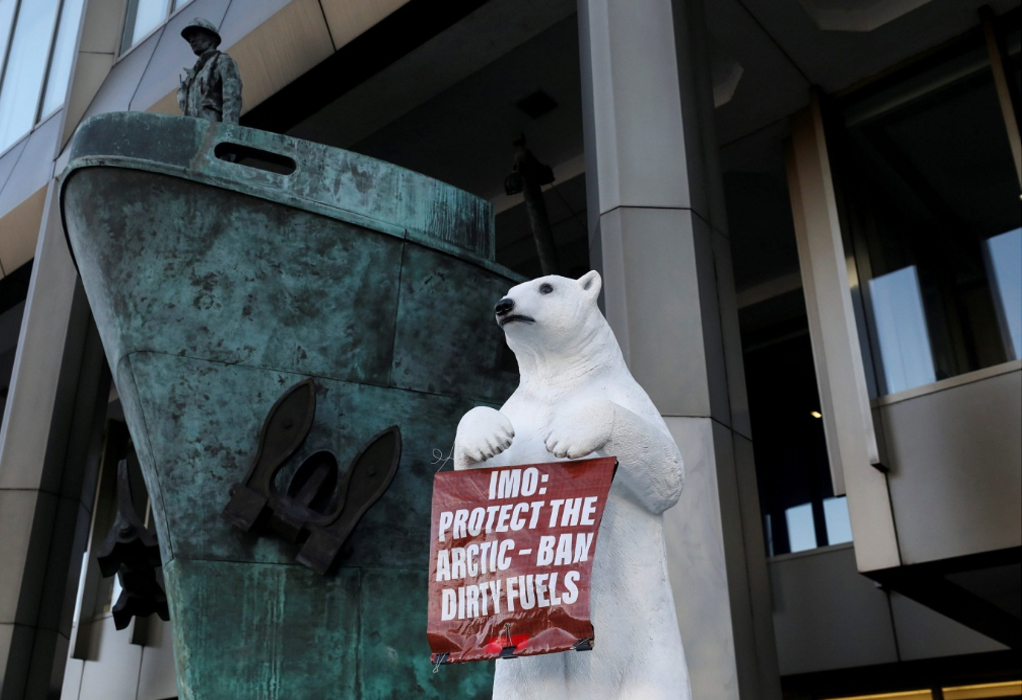The United Nations shipping agency on Thursday adopted a ban on the use of heavy fuel oil in the Arctic region, but environmental groups said the regulations contained loopholes which will allow many vessels to keep sailing without enough regulatory control.
Antarctic waters are protected by stringent regulations, including a ban on heavy oil fuel (often abbreviated HFO) that was adopted in 2011, even though no cargo moves through the turbulent southern waters. For the Arctic, the rules have been looser.
In a virtual session of its Marine Environment Protection Committee the UN’s International Maritime Organization approved a ban on the use of HFO and its carriage for use by ships in Arctic waters after July 1, 2024.
A series of exemptions and waivers would mean a complete HFO ban would only come into effect in mid-2029, which campaigners the Clean Arctic Alliance said would amount to “endorsing continued Arctic pollution.”




Recent Posts
New Report Highlights Potential of Voluntary Insetting to Support Maritime Decarbonisation, Calls for Robust Safeguards
Smart Ship Hub achieves industry first with ABS emission reporting
Henkel Rolls Out India’s First Mid-Haul Re-Powered Electric Trucks for Commercial Logistics
Sustainability in Focus at 11th SIAM Automotive Logistics Conclave in New Delhi
L&T Energy GreenTech to Establish India’s Largest Green Hydrogen Plant
JK Srivastava Group and Hynfra Announce $4 Billion Green Ammonia Project in Andhra Pradesh
Andhra Pradesh Unveils Ambitious Green Hydrogen Valley Plan to Lead India’s Energy Transition
South Africa advances plans to decarbonize shipping sector